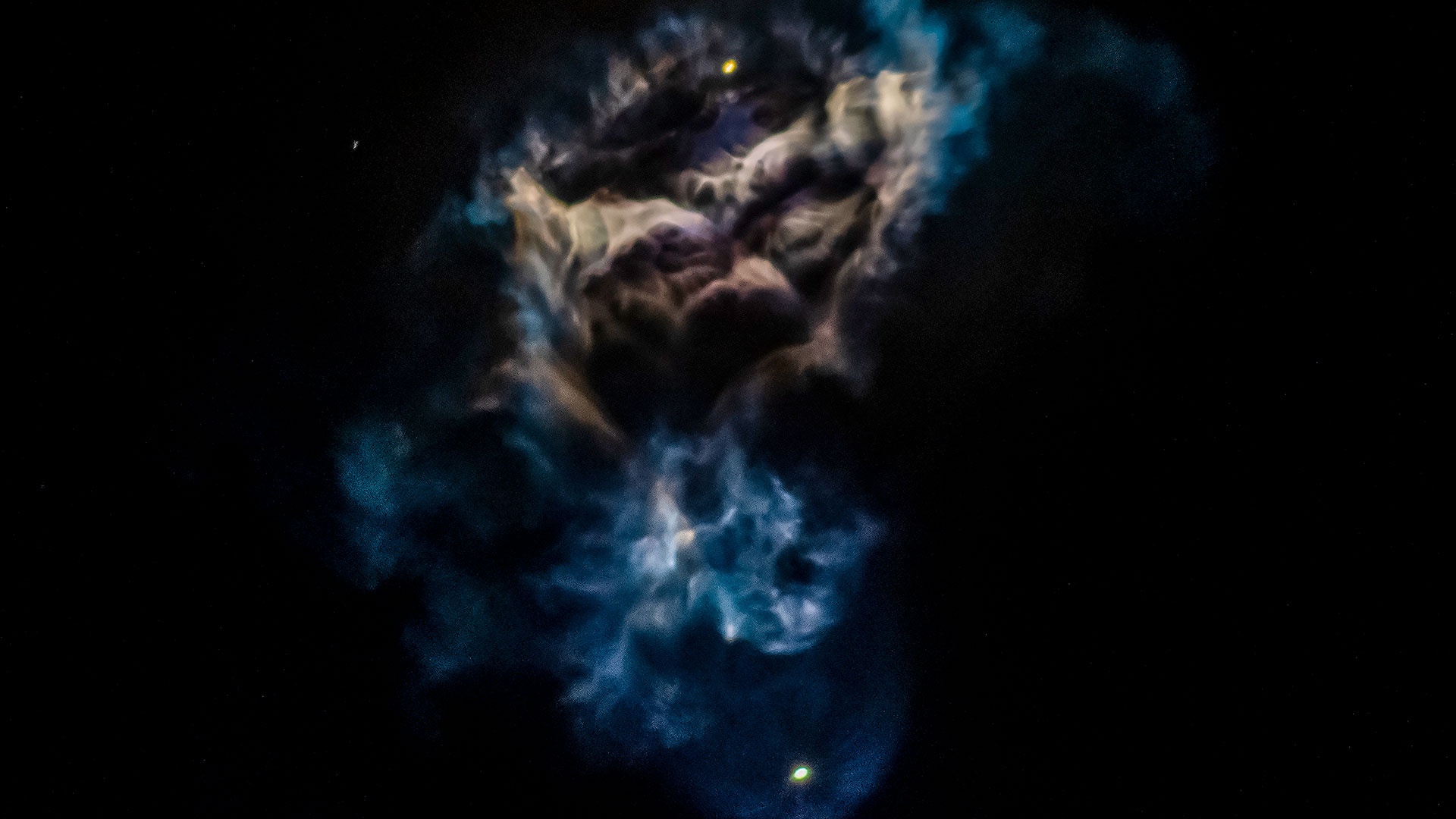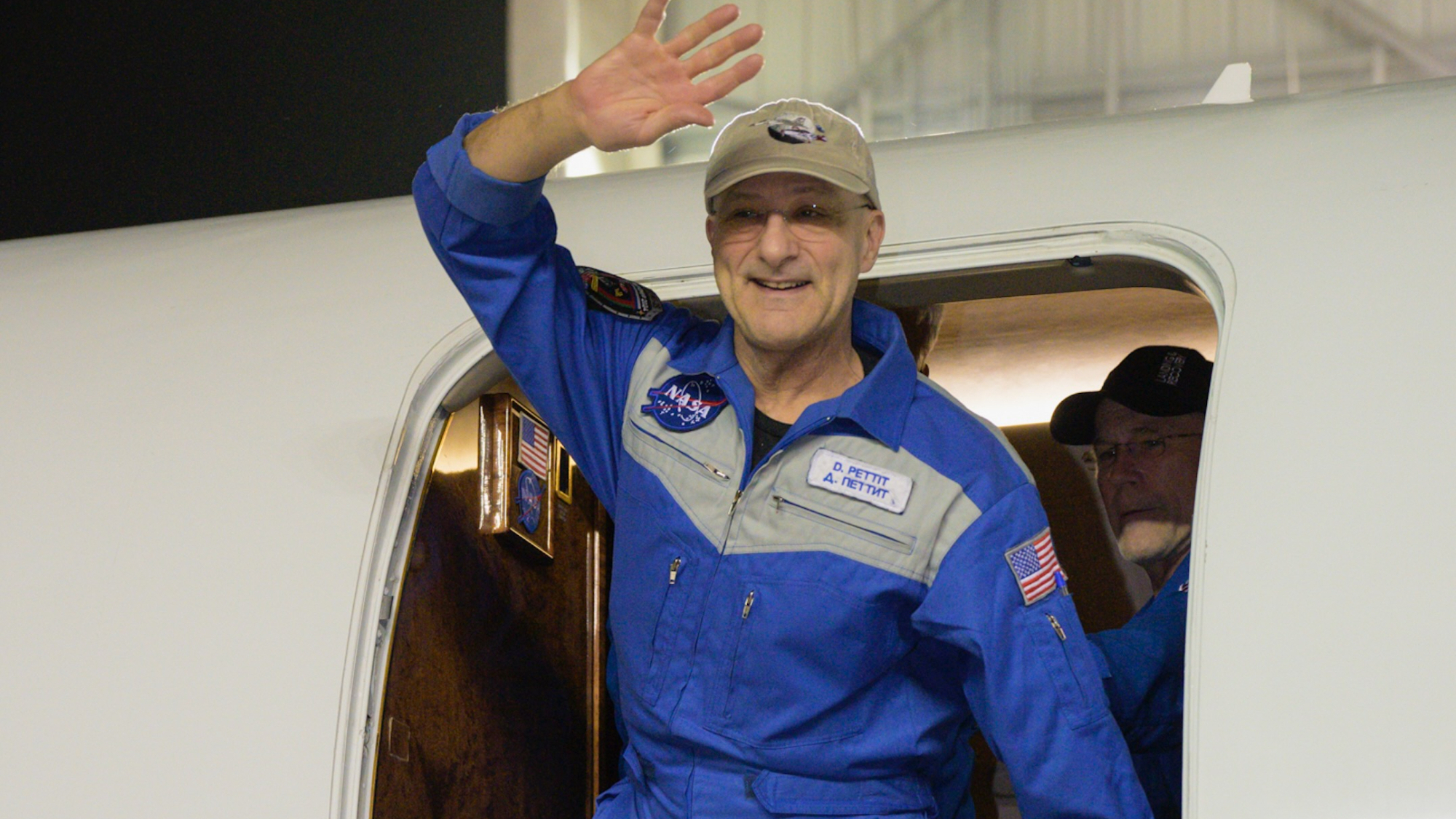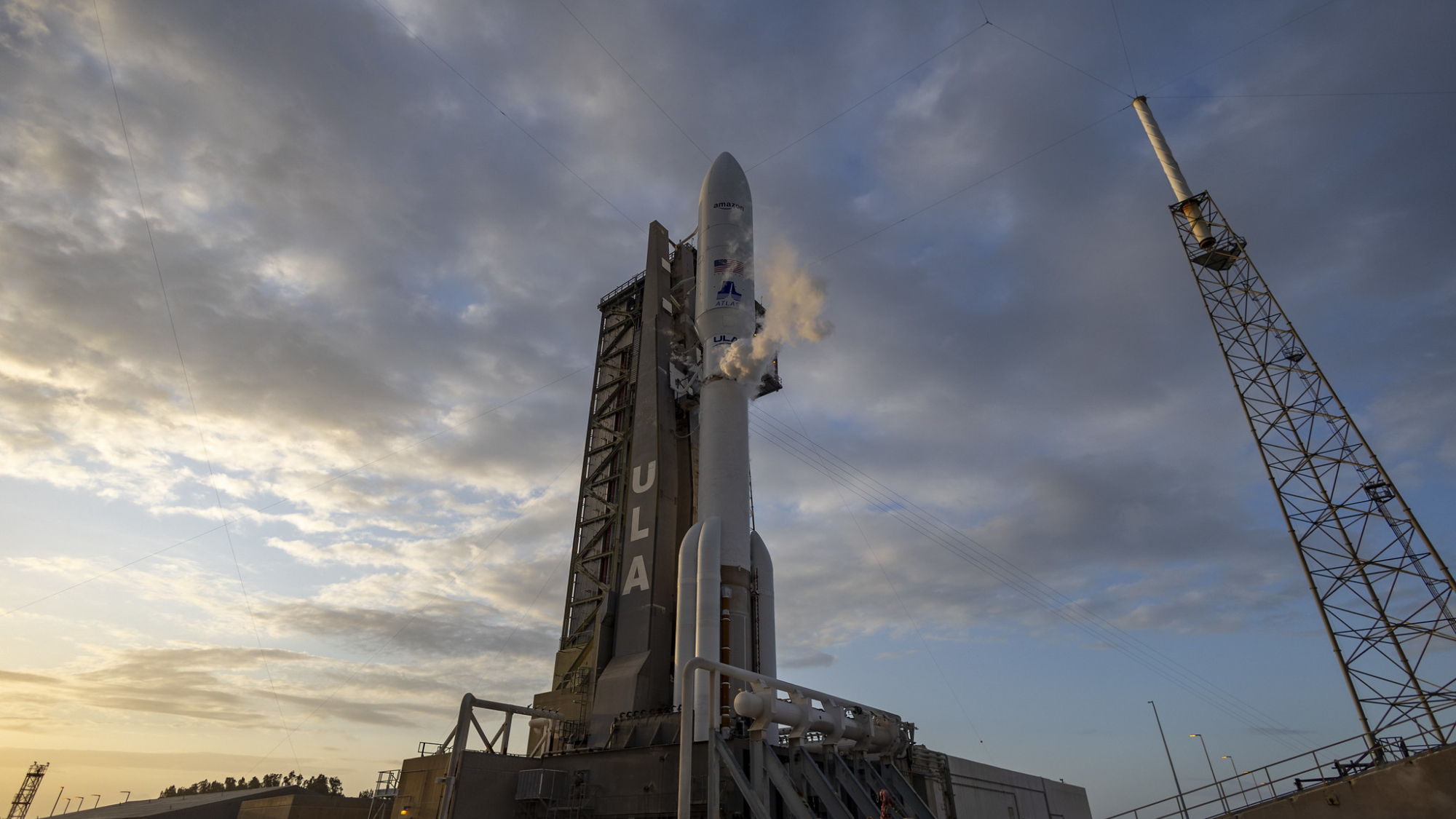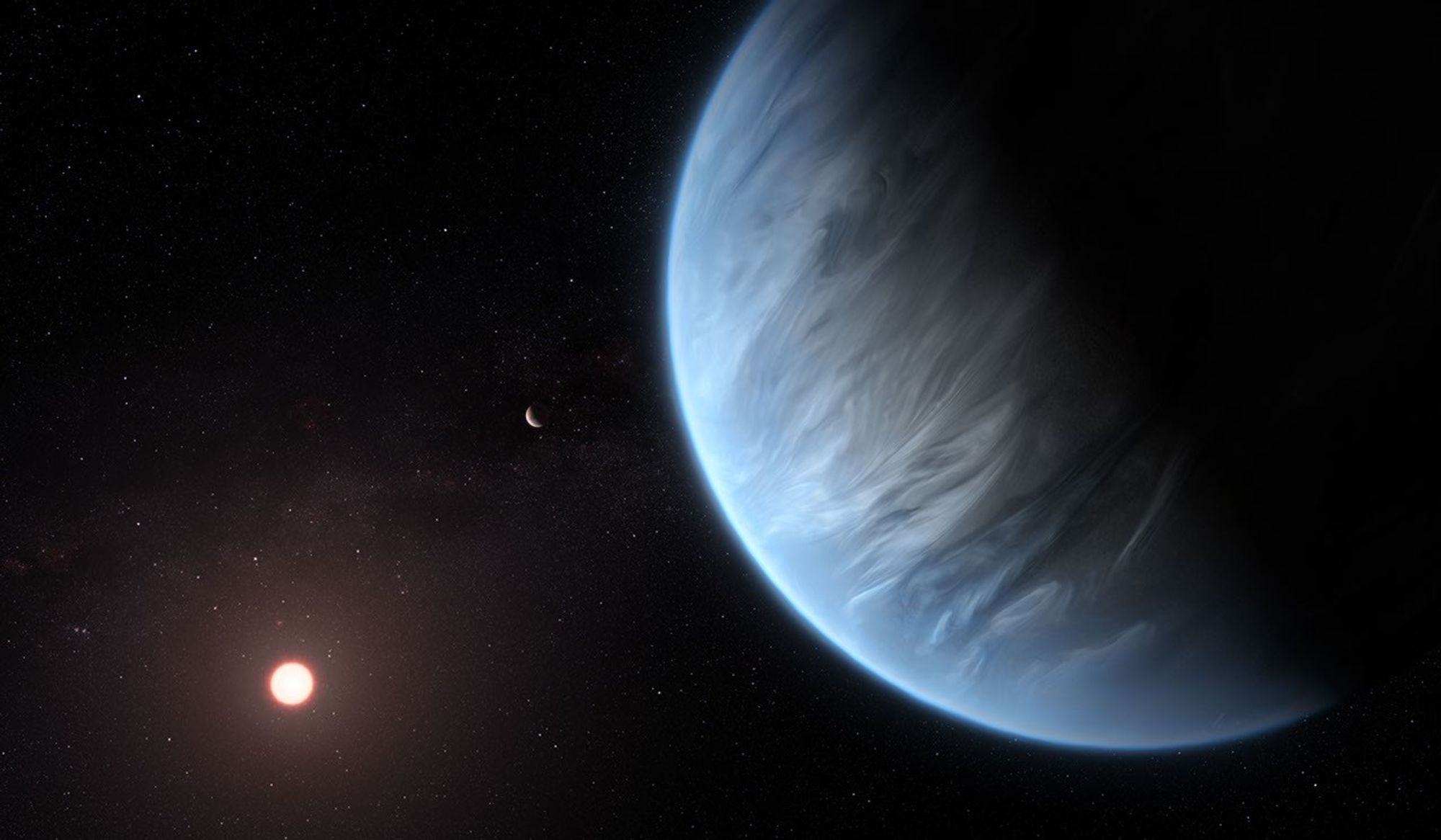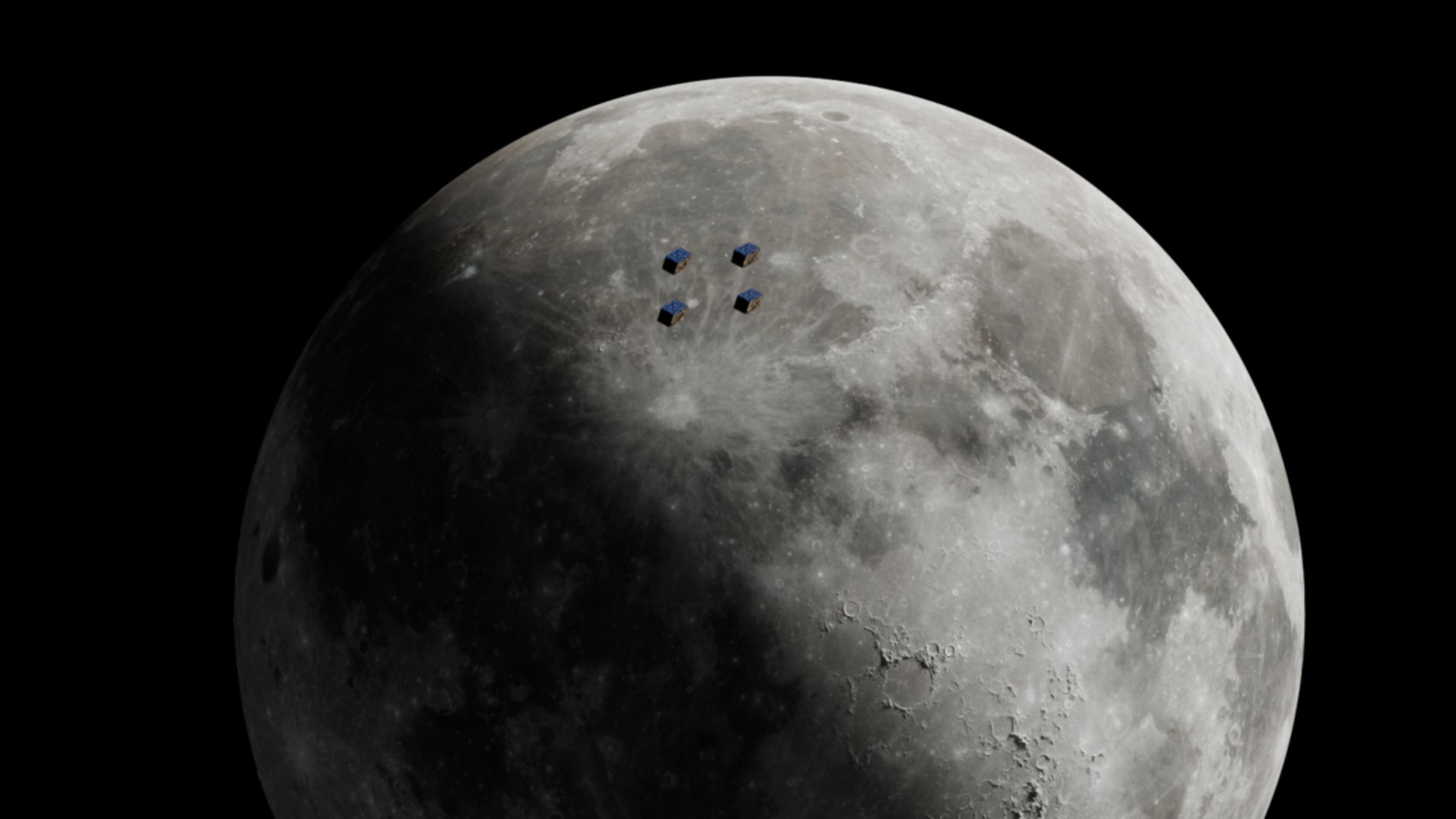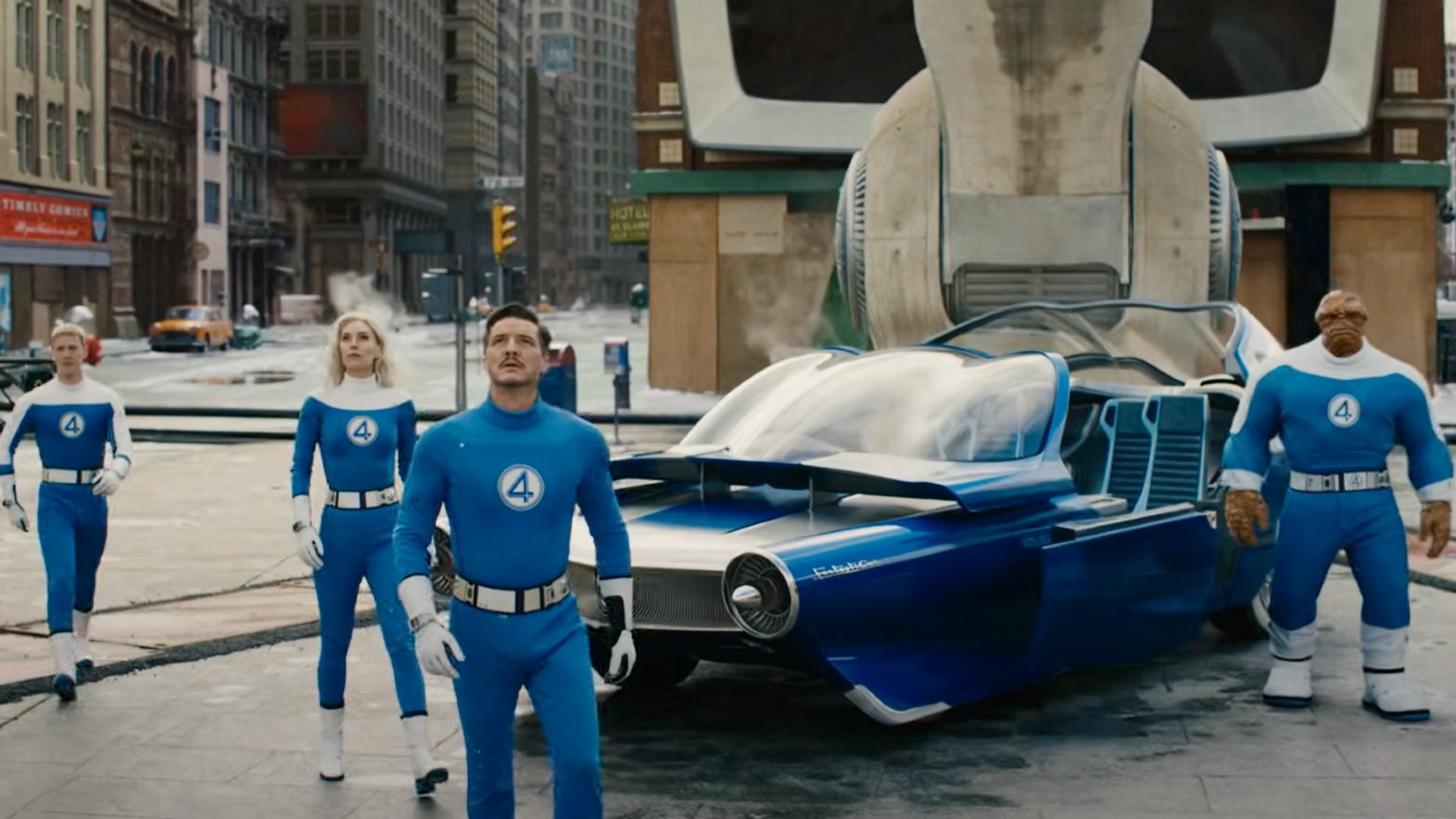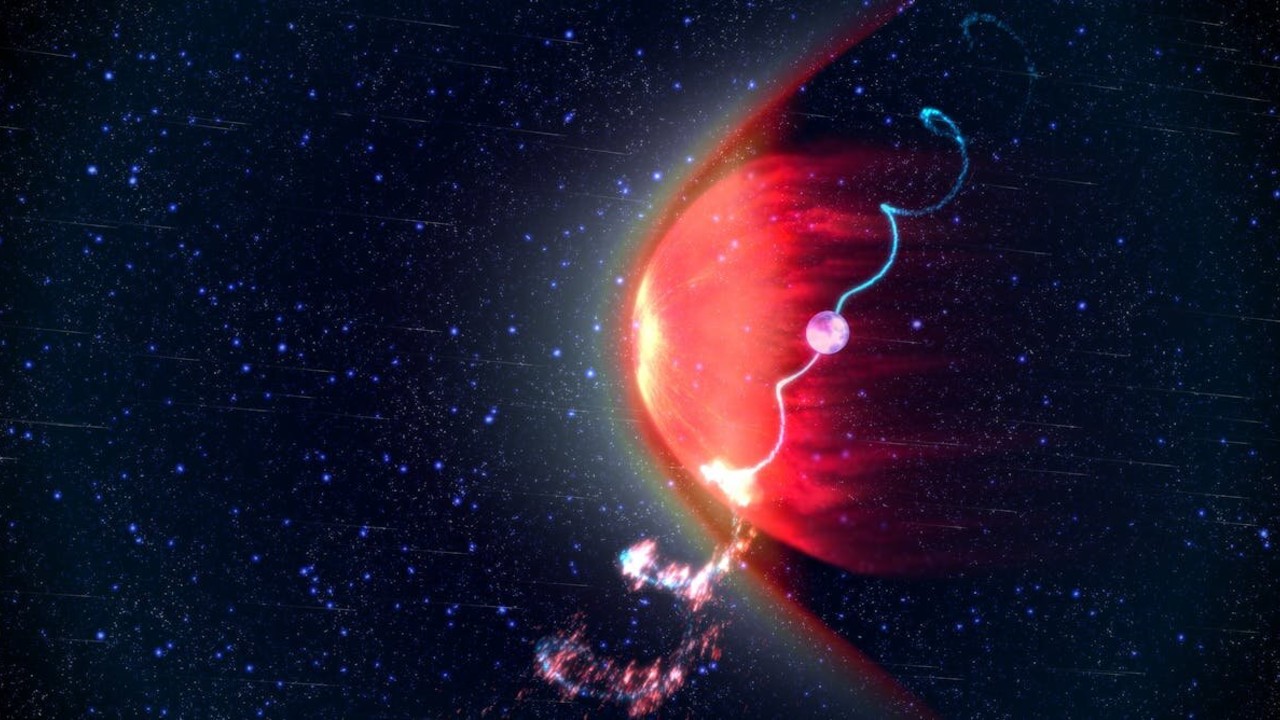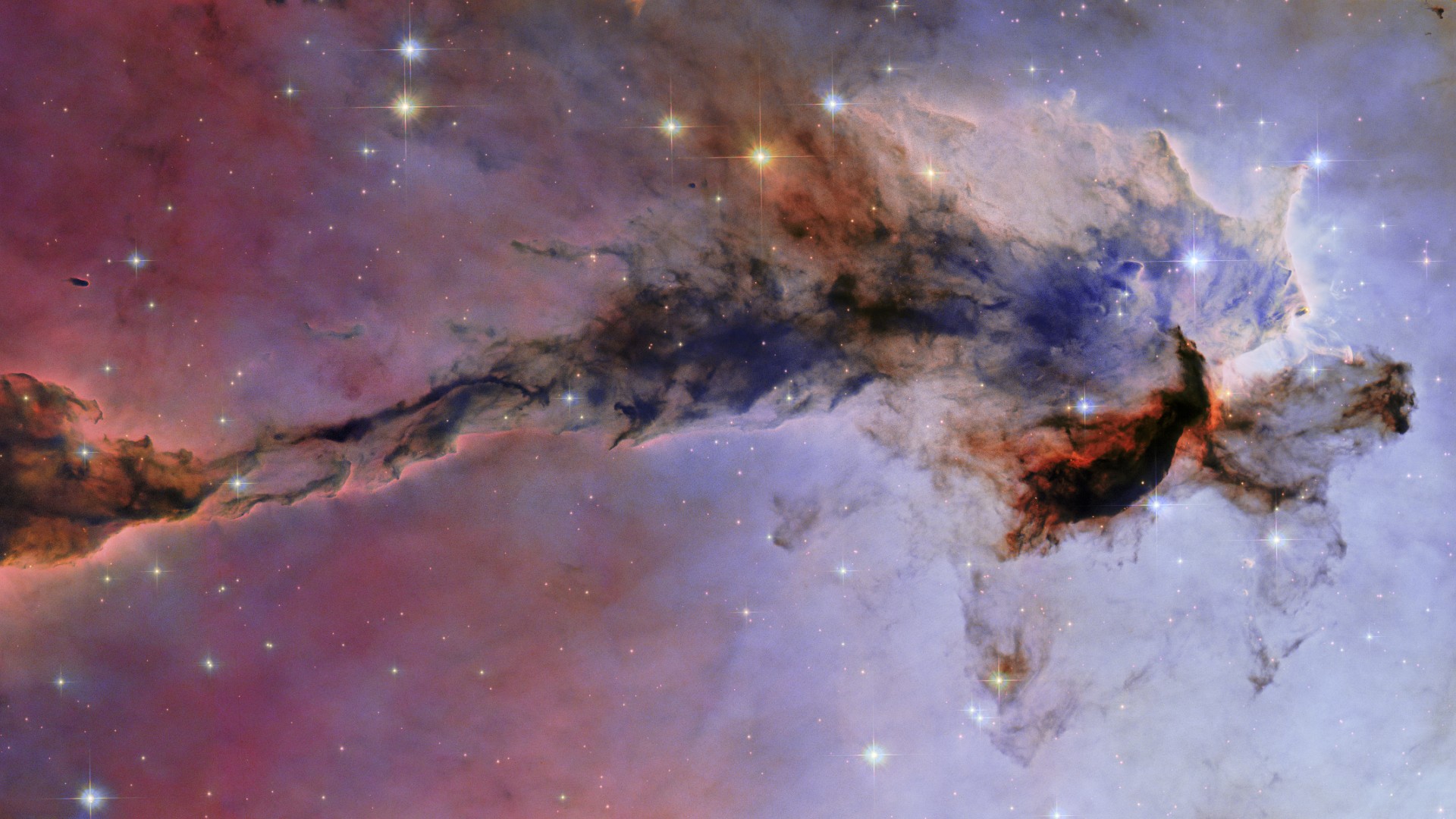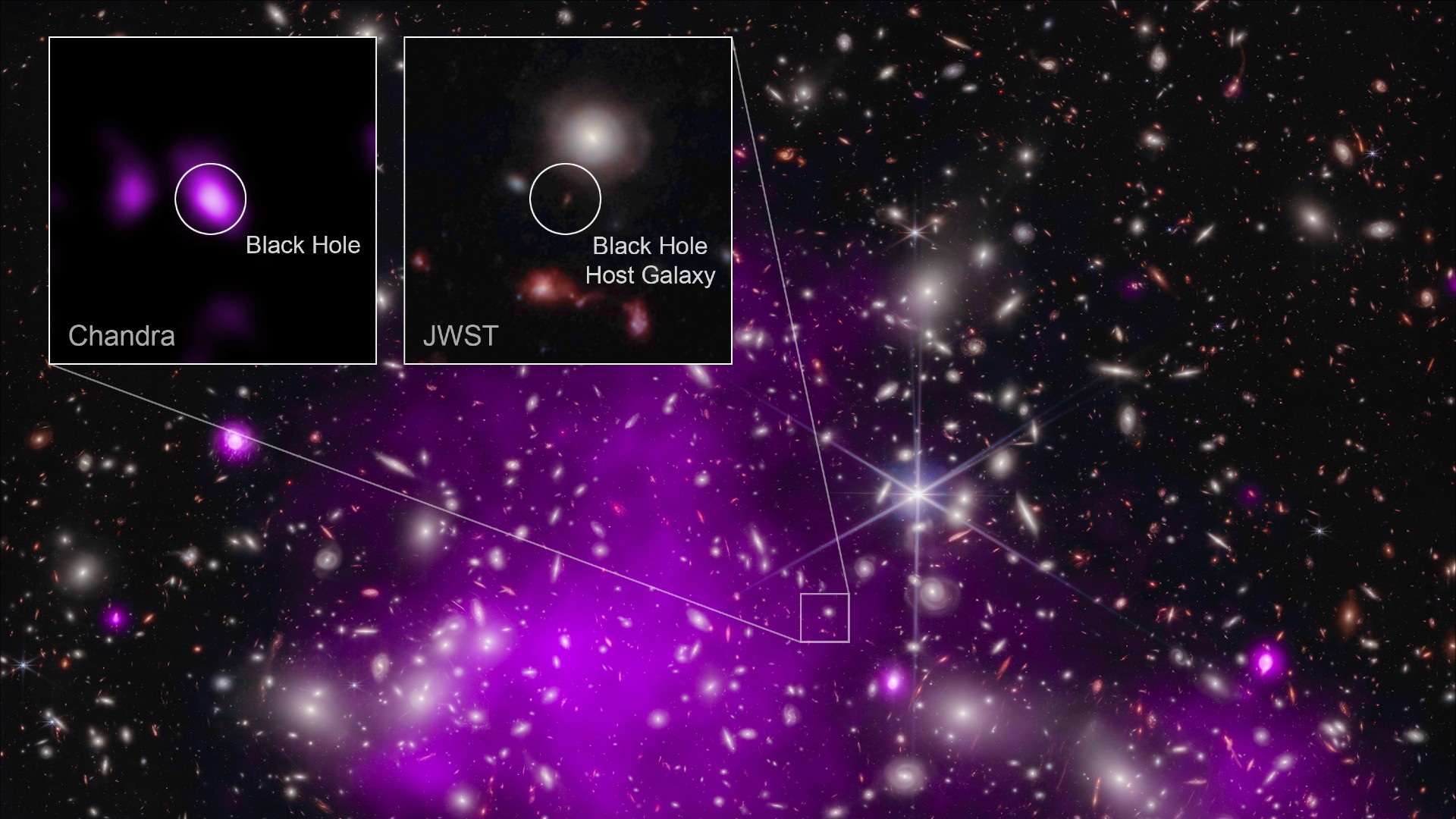Blue Origin is expected to launch its 1st New Glenn rocket next week, but when?
The first launch of New Glenn could occur between Jan. 6 and Jan. 12, according to the FAA.
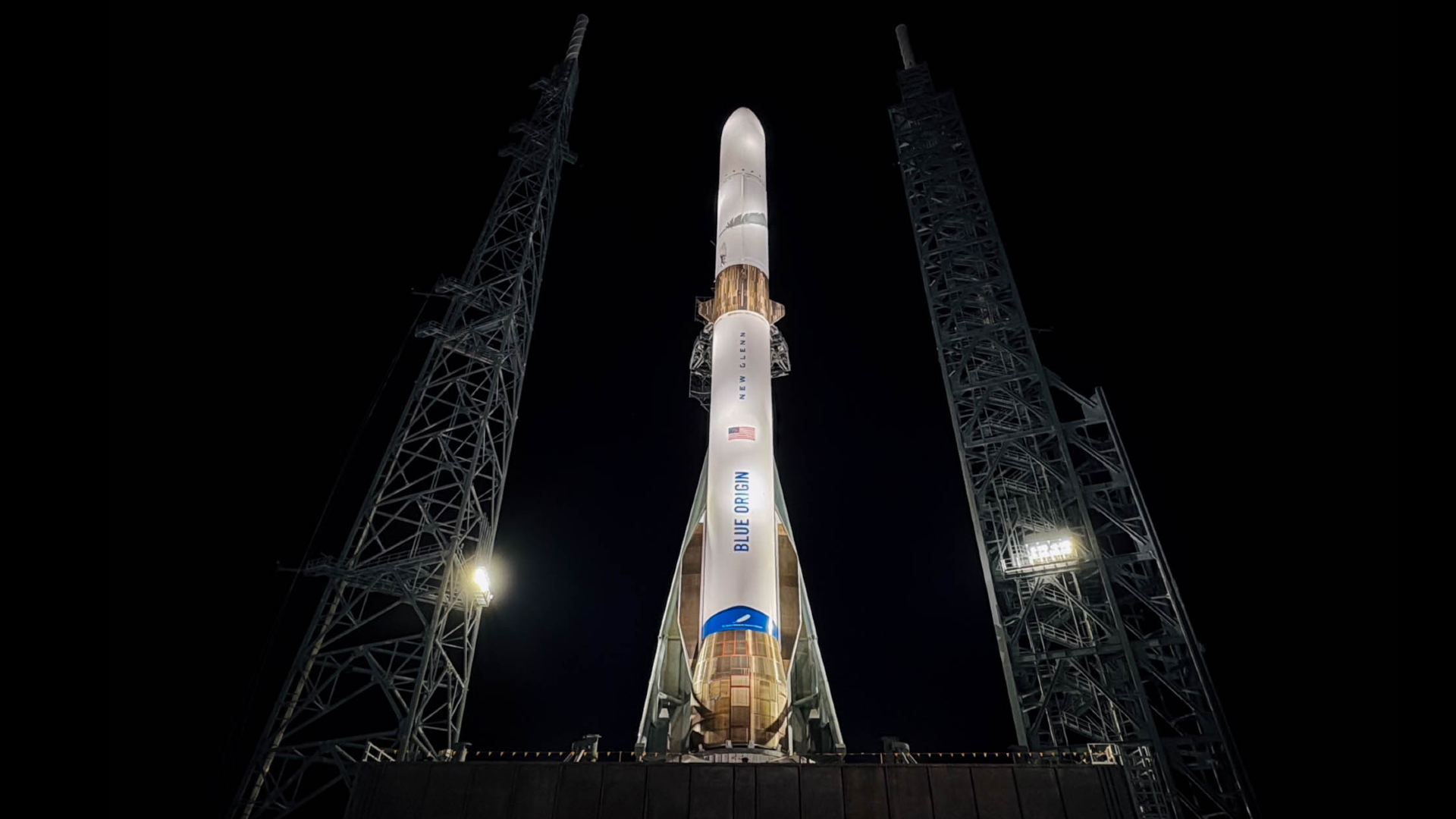
Blue Origin, the private spaceflight company founded by billionaire Jeff Bezos, is on the cusp of launching into the big booster market with the debut of its New Glenn rocket next week, but exactly when the test flight will lift off is unclear.
After years of development — Jeff Bezos first announced the new rocket in 2016 — Blue Origin is expected to launch its first New Glenn booster as early as Monday, Jan. 6, from a pad at Cape Canaveral Space Force Station in Florida. That's based on an FAA alert to pilots that states the opening of Blue Origin's New Glenn launch window. Liftoff would be at 1 a.m. EST (0600 GMT), according to that notice.
But Blue Origin has not publicly announced the specific launch date and time, only that is nearing the first launch of New Glenn after a succesful first stage hot-fire test on Dec. 27 at its pad, Space Launch Complex 36, in Cape Canaveral. The mission will be ambitious, testing a brand-new launch vehicle and attempting to land its first stage at sea.
"Well, all we have left to do is mate our encapsulated payload … and then LAUNCH!" Blue Origin CEO Dave Limp wrote on the social media site X.
"Next Stop launch," Bezos added.
According to the FAA, Blue Origin could launch New Glenn's first flight on Jan. 6 between 1 a.m. EST and 4:45 a.m. EST (0600-0945 GMT), a nearly 4-hour launch window, with backup opportunities daily through Jan. 12.
Blue Origin has named its first New Glenn booster "So You're Telling Me There’s a Chance" (according to Limp) and has already sent its landing drone ship, named Jacklyn after Bezos' mother, out to sea for a planned landing attempt in the Atlantic Ocean. Spaceflight photographer John Kraus shared images of the ship's departure on X.
Get the Space.com Newsletter
Breaking space news, the latest updates on rocket launches, skywatching events and more!
Landing Platform Vessel 1, named "Jacklyn" after @JeffBezos's mom, has departed Cape Canaveral ahead of the first launch of Blue Origin's New Glenn rocket.The vehicle's booster, named “So You're Telling Me There's a Chance," will attempt to land on the recovery vessel. pic.twitter.com/tegtxGQEz6January 2, 2025
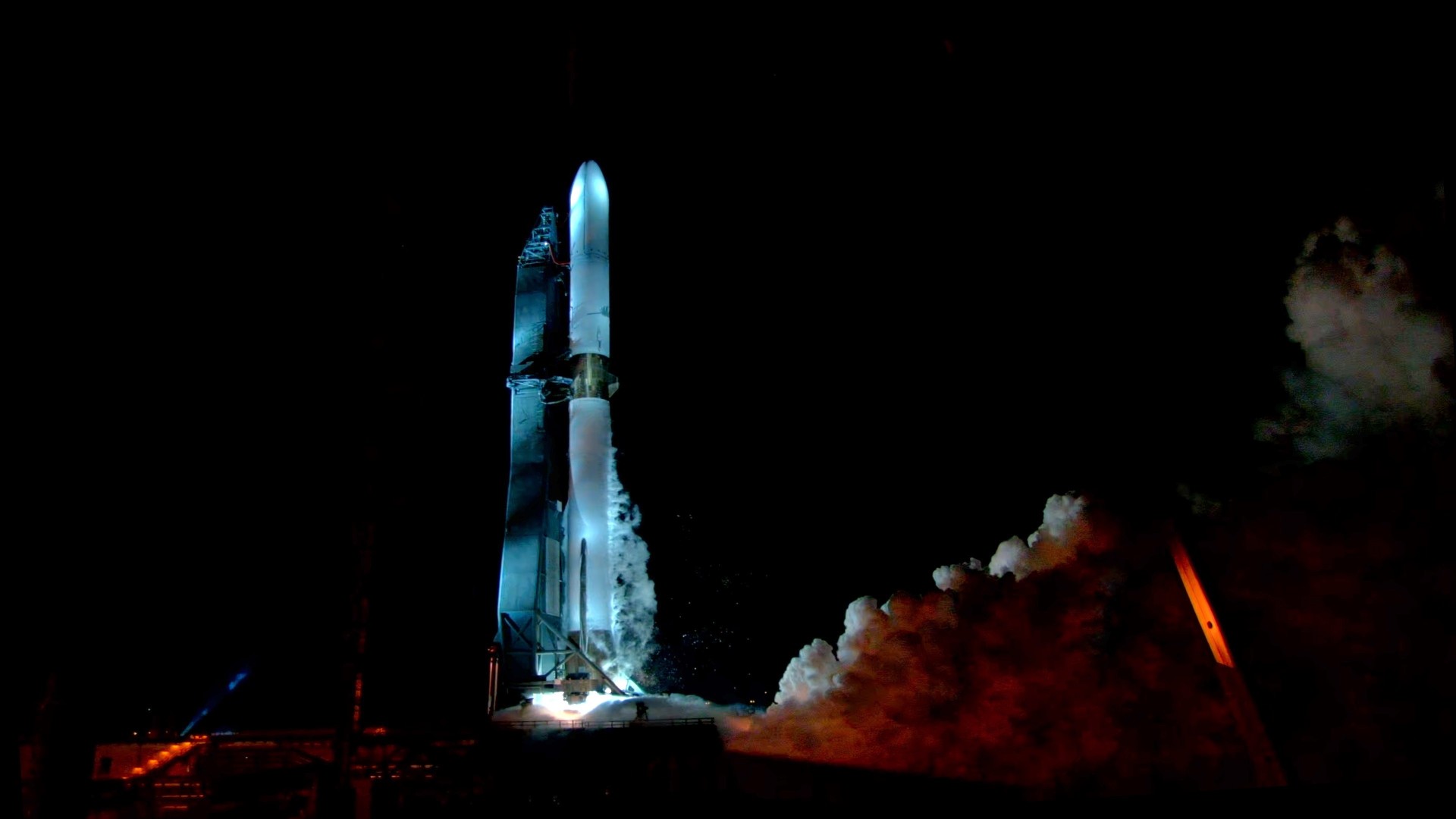
New Glenn is a heavy-lift vehicle that, like SpaceX's Falcon and Starship rockets, is designed to be reusable, with its first stage returning to Earth for an ocean platform landing. Each New Glenn booster should be capable of up to 25 flights, Blue Origin has said.
The rocket sports a nearly 23-foot (7 meters) payload fairing that includes more than twice the volume of smaller, more commonly used 15-foot (5 m) fairings. The rocket is designed to carry payload of up to 13 metric tons to geostationary orbit and 45 metric tons to low Earth orbit.
"With twice the volume of smaller, five-meter class payload fairings, customers have more flexibility to package their payload in new ways," the company states in an overview.
For its first New Glenn flight, Blue Origin will not launch a payload at all. Instead, the mission, called NG-1, is carrying the Blue Ring Pathfinder, a 45,000-pound (20,411 kilograms) payload simulator version of the company's multi-use Blue Ring spacecraft to carry customer payloads.
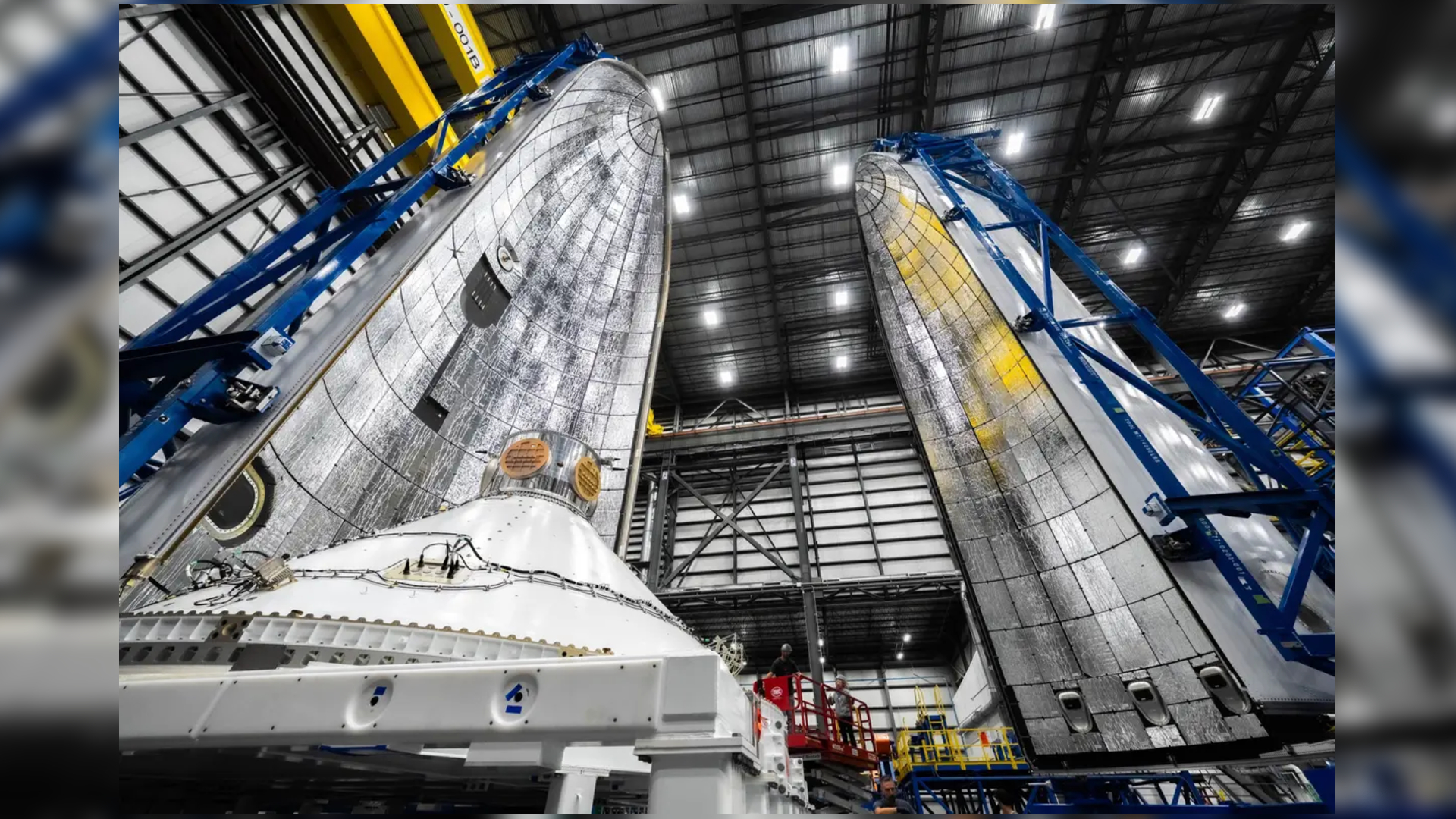
"The demonstrator includes a communications array, power systems, and a flight computer affixed to a secondary payload adapter ring. The pathfinder will validate Blue Ring’s communications capabilities from orbit to ground," Blue Origin wrote in a payload overview. "The mission will also test its in-space telemetry, tracking and command hardware, and ground-based radiometric tracking that will be used on the future Blue Ring production space vehicle."
From launch to landing and mission end, Blue Origin's New Glenn rocket debut should last about six hours, the company has said. If successful, the mission could count towards one of Blue Origin's certification flights of New Glenn for the U.S. Space Force and National Security Space Launch program.
Blue Origin currently has New Glenn launch agreements in place with NASA (to launch the agency's ESCAPADE Mars probes), Amazon (to fly the company's Kuiper internet satellites), AST SpaceMobile (for space-to-phone communications service) and other commercial and government customers.
Join our Space Forums to keep talking space on the latest missions, night sky and more! And if you have a news tip, correction or comment, let us know at: community@space.com.

Tariq is the Editor-in-Chief of Space.com and joined the team in 2001, first as an intern and staff writer, and later as an editor. He covers human spaceflight, exploration and space science, as well as skywatching and entertainment. He became Space.com's Managing Editor in 2009 and Editor-in-Chief in 2019. Before joining Space.com, Tariq was a staff reporter for The Los Angeles Times covering education and city beats in La Habra, Fullerton and Huntington Beach. In October 2022, Tariq received the Harry Kolcum Award for excellence in space reporting from the National Space Club Florida Committee. He is also an Eagle Scout (yes, he has the Space Exploration merit badge) and went to Space Camp four times as a kid and a fifth time as an adult. He has journalism degrees from the University of Southern California and New York University. You can find Tariq at Space.com and as the co-host to the This Week In Space podcast with space historian Rod Pyle on the TWiT network. To see his latest project, you can follow Tariq on Twitter @tariqjmalik.
-
Unclear Engineer The article says that the mission will last about 6 hours. That sounds like the test payload is intended to make about 4 orbits. So, will it be intentionally deorbited after the last "mission" orbit? Where is it intended to reenter?Reply -
Classical Motion We’ll see if the turtle strategy works out. But anything can happen on a shake out cruise. Kinda expected. Let’s see how they handle it.Reply
We need strong competition.
Would dearly love to see a perfect flight.
